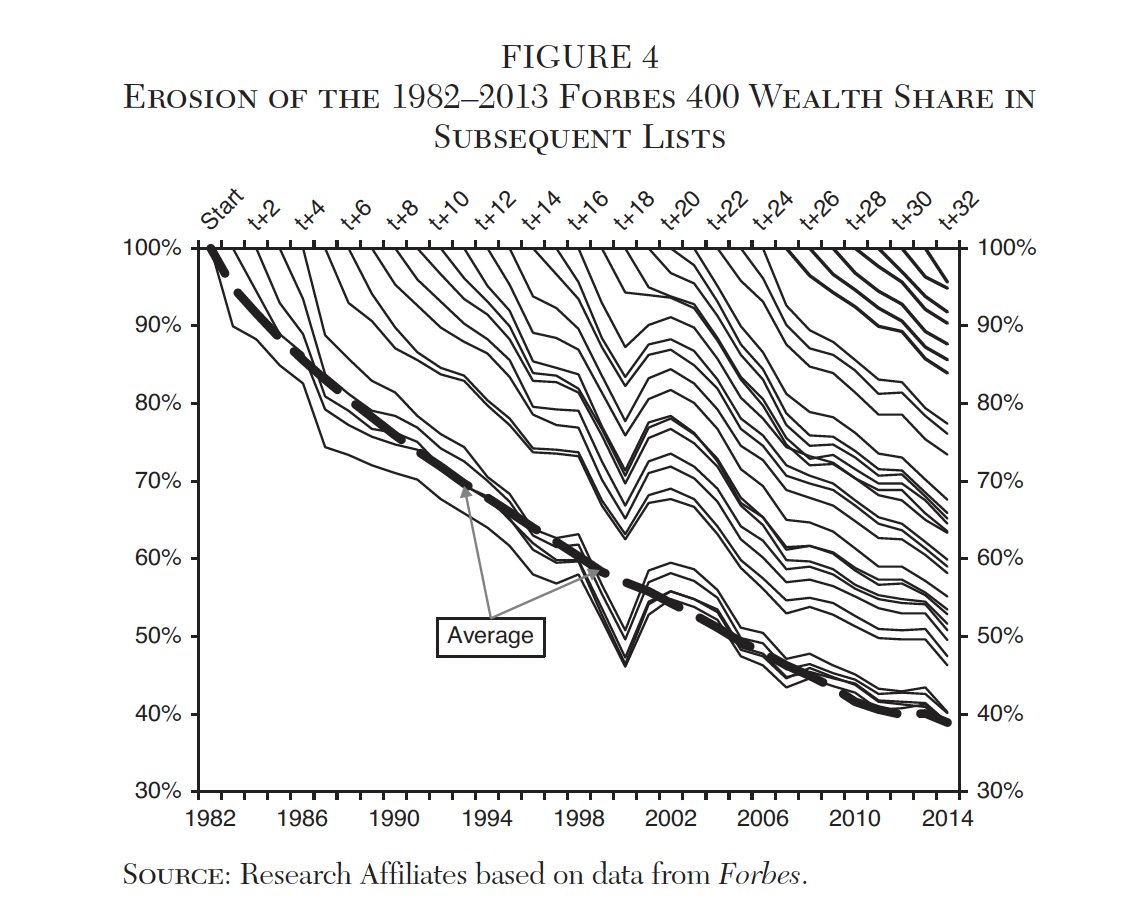As the very first meme coin, Dogecoin was created way back in 2013 as a community-based alternative to industry giant Bitcoin. One of the core ideas behind this crypto was to keep things simple and fun and offer individuals who may not otherwise be able to enter the market a more affordable option.
The rise of Doge
While investors weren’t keen to take this joke offering seriously, an audience quickly grew and soon Doge was being used as a tradeable asset on crypto exchanges like Kraken. While it didn’t actually hold any value from its inception in 2013 all the way until 2020, it still had a large enough following and function within the niche that it held its position as one of the biggest industry names for many years.
In fact, Dogecoin regularly came second to Bitcoin in user sentiment, even when alternatives like Ethereum were creating innovative products and services and thousands of altcoins were burning bright and fading out at record speed. Doge was initially widely used as a way to show support within online communities – for example, comments were awarded on platforms like Reddit and Twitter via Dogecoin tips, and this fostered a strong bond for users who may not have otherwise been able to afford crypto or even have the intention of entering the niche. Where Bitcoin and similar stablecoins function on market demand and volatility, Dogecoin has a more inflationary sentiment, in the sense that it encourages users to swap, share and spend their coins as opposed to driving investors to keep hold of them for the potential for long-term gains.
What’s been happening recently to cause concern?
In 2020, Dogecoin really came into its own as a viable asset. At its most popular, its market cap hit around $85 billion (in 2021), but 2022 saw a decline that has led to a decrease in value, bringing it to just $10 billion in 2023. While this is a significant drop, capitalisation is still attractive enough for investors and the community to continue to use Dogecoin, but now should be the time when its developers are thinking about its potential outside of being a faster payment network.
One of the factors causing concern throughout the wider community is the fact that Doge hasn’t been updated since 2019 and therefore it isn’t looking likely that anything is going to change any time soon. Fans could argue that Bitcoin itself hasn’t largely increased in function since its inception yet still holds the highest value and standing among investors, whereas others could point out that the vast capabilities and potential of Ethereum (not to mention advances in technology) is leading crypto consumers to expect far more from their chosen assets. As of mid 2023 the Dogecoin price is currently sitting at around $0.07175 per token.
The final verdict
While Dogecoin isn’t likely to reach significant values like it once did, it still has an incredibly strong presence in the crypto environment that sees it continuing to hold favor for the future. Dogecoin is still widely accepted as one of the top 10 cryptocurrencies in the world for example, and in many ways, its name alone is enough to keep its audience engaged.
A supporting statistic for this is that in December 2021, there had been over 76 million transactions using Dogecoin since it was released. From this, it is easy to see that there are plenty of users actively engaging with the currency and using it to transact – and this is something that shouldn’t be overlooked. Having said this, there is a strong possibility that relying on its branding and past performance alone could ultimately prove to be its downfall.
The reason for this is that, if the developers are not willing to move with the times and expand its functionality, things will continue to decline. At the very basic level, this meme coin needs to seek wider adoption from merchants to be able to hold its own with the ever-growing level of new competitors hitting the market and the innovative projects and diverse potential that seems to be a prevalent need for consumers, traders and investors in the current climate.
















